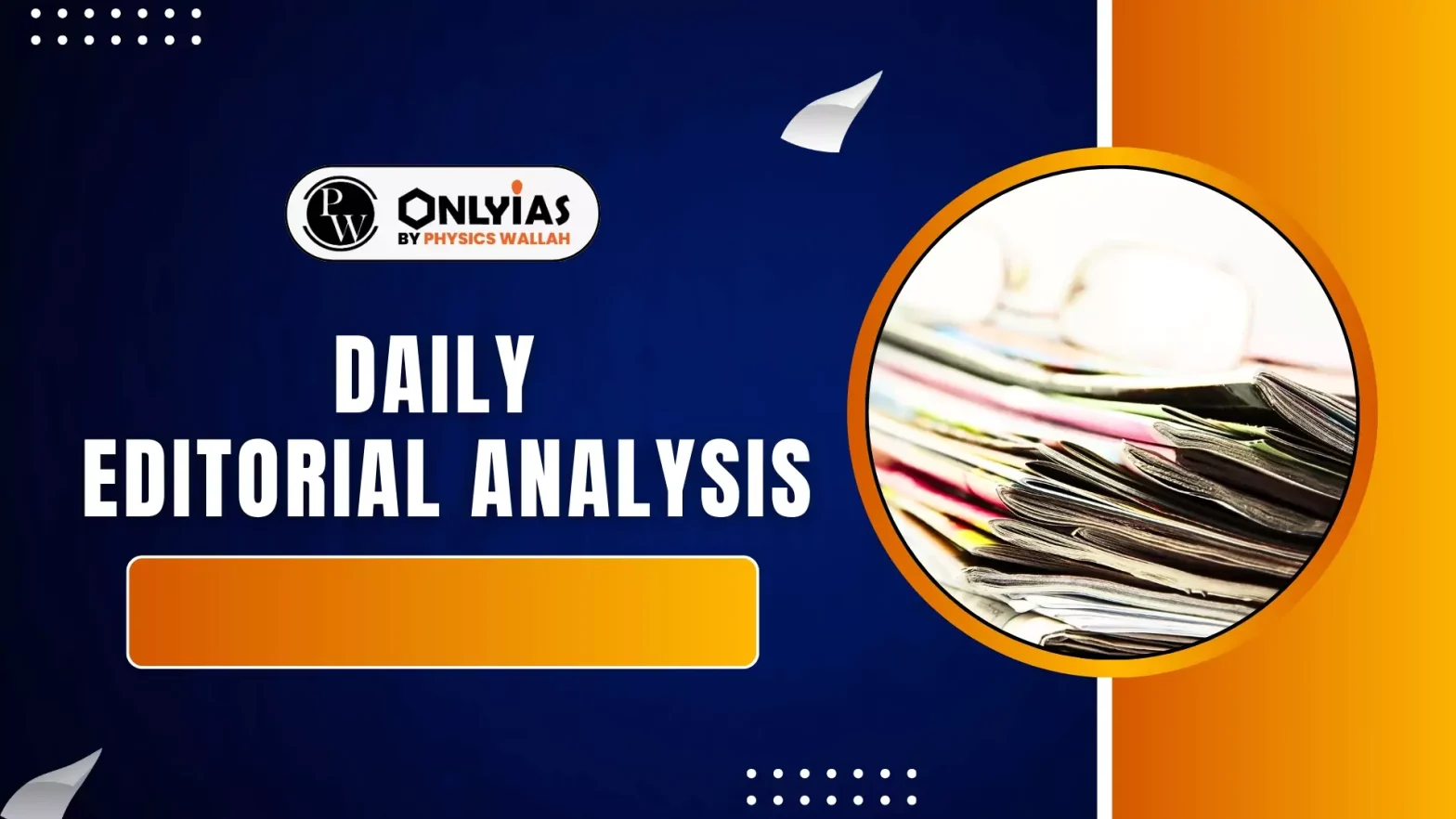In the first such visit in 13 years, Pakistan’s Foreign Minister Ishaq Dar visited Dhaka to meet the Bangladeshi interim government under Muhammad Yunus and his counterpart Touhid Hossain.
- The visit signals a thaw after years of strained ties since 2009 under Sheikh Hasina.
Historical Strains in Ties
- 1971 Liberation War: Tensions due to Bangladesh’s prosecution of collaborators and demand for reparations/apology from Pakistan.
- 1975 Assassination: Sheikh Mujibur Rahman’s killing deepened mistrust.
- 2015 Diplomatic Crisis: Bangladesh expelled a Pakistani diplomat for terror links; Pakistan protested execution of 1971 collaborators.
- Gradual Repair: Limited restoration of diplomatic envoys took place before Hasina’s ouster in August 2024.
Recent Thaw and Agreements
- Facilitated by China’s trilateral mechanism in Kunming.
- Agreements reached in Dhaka:
- Visa facilitation for diplomats.
- Direct flights between the two nations.
- Scholarships for Bangladeshi students.
- Measures to boost trade (currently < $1 billion).
- Unresolved Issues: Bangladesh continues to press for:
- Formal apology for 1971 genocide.
- Financial reparations.
- Repatriation of stranded Pakistanis (Urdu-speaking Muhajirs).
Regional and Strategic Dimensions
- Bangladesh’s Call for SAARC Revival: Yunus emphasised strengthening regional cooperation.
- India’s Concerns: Pakistan’s diplomats allegedly supported Jamaat-e-Islami activists during anti-Hasina protests.
- Possible military and intelligence links between Dhaka and Islamabad.
- India’s Limited Engagement: The Indian Prime Minster and External Affairs Minister met Yunus and Hossain in international forums.
- However, no official visits or invitations exchanged so far.
Implications for India
- Strategic Setback: Pakistan exploiting India-Bangladesh strain to increase influence.
- Diplomatic Caution Needed: New Delhi must adopt a realistic prism rather than just suspicion.
- Election Context: With Bangladesh elections due in February 2026, India must:
- Broaden engagement with all political parties.
- Encourage the Yunus government towards an inclusive political process.
- Regional Challenge: Weakness of SAARC and absence of strong South Asian groupings complicates India’s ability to hold sway in regional politics.
Conclusion
The visit underlines shifting dynamics in South Asian geopolitics. For India, safeguarding its influence in Dhaka-Islamabad relations requires proactive political engagement, inclusivity promotion, and a relook at regional diplomacy grounded in constitutional morality and cooperative federalism of South Asia.
![]() 26 Aug 2025
26 Aug 2025
